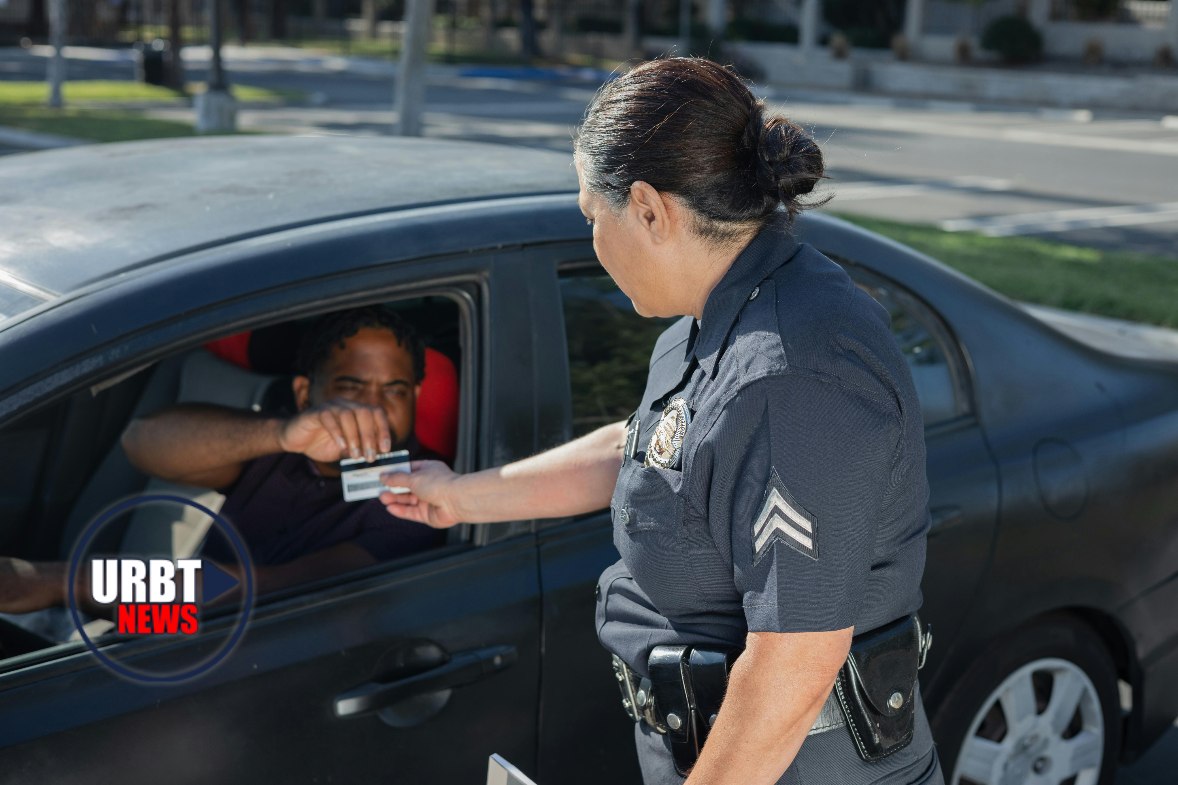Community
When Husbands Refuse to Get Their Driver’s License: A Hidden Strain on Marriage
Published
6 months agoon

In modern society, driving is more than just a convenience—it is often considered a necessity. For many couples, the ability to share responsibilities behind the wheel can reduce stress, increase independence, and create balance in daily life. Yet, some husbands choose to avoid obtaining a driver’s license altogether. Whether out of fear, financial reasons, or simple stubbornness, this decision can create unexpected tension in marriages.
The Weight on the Wife’s Shoulders
When one spouse refuses to drive, the other often becomes the designated driver by default. In many households where the husband does not have a license, the wife bears the brunt of transportation duties: school runs, grocery trips, doctor’s appointments, and even long-distance family visits.
Over time, this imbalance can create frustration. A wife who must constantly manage not only her schedule but also her husband’s transportation needs may feel drained. She may begin to resent the lack of reciprocity in such a fundamental responsibility. This resentment does not necessarily arise from the act of driving itself but from the perception that her husband is unwilling to contribute equally to the partnership.
Psychological Roots of Refusal
Not all husbands who refuse to drive are lazy or inconsiderate. Some struggle with deeper issues:
- Driving Anxiety: Fear of accidents, heavy traffic, or past traumatic experiences can make the thought of driving unbearable.
- Low Confidence: Some men fear failing the driving test or feel embarrassed about making mistakes on the road.
- Financial Concerns: Owning and maintaining a vehicle can be expensive, and some men rationalize their refusal as a way to save money.
- Control Dynamics: In certain cases, refusing to drive may be a subtle form of control—forcing the wife to rely on him in other ways or limiting her independence.
Recognizing these underlying reasons is crucial. A refusal to drive is rarely just about avoiding the DMV; it often reflects deeper fears, insecurities, or relationship dynamics.
The Ripple Effect on Family Life
The refusal to get a driver’s license doesn’t just affect the couple—it influences the entire household. Children may feel limited in their activities if only one parent can drive them. Family vacations or emergencies can become unnecessarily stressful. Something as simple as picking up a sick child from school can turn into a logistical nightmare if the licensed spouse is unavailable.
Moreover, extended families may notice the imbalance. Relatives may question why the husband relies so heavily on his wife, which can cause embarrassment or defensiveness within the marriage.
Breaking the Cycle
So what can couples do when faced with this dilemma? The solution requires a mix of empathy, honesty, and practical planning.
- Open Communication: Wives must voice their feelings clearly. Saying “I feel overburdened” is more effective than silent resentment. Husbands, in turn, must be willing to explain the real reasons behind their refusal.
- Small Steps to Overcome Fear: For husbands who struggle with driving anxiety, professional lessons, therapy, or gradual exposure can make driving less intimidating. Some driving schools even specialize in helping nervous adults.
- Shared Responsibilities in Other Areas: If the husband remains firm in his refusal, he should balance the relationship in other ways—perhaps by taking over household chores, managing finances, or handling child care more actively.
- Setting Boundaries: In cases where refusal becomes a control tactic, the wife may need to establish boundaries. A healthy marriage requires fairness, and refusing to participate in such a basic responsibility can cross into unhealthy territory.
Redefining Independence
At its core, this issue is about independence and balance. Driving is not just about convenience—it symbolizes the ability to share life’s burdens. A husband who refuses to get his driver’s license may not realize how heavily that decision weighs on his spouse. In marriages, both partners must be willing to step into uncomfortable roles for the sake of fairness.
Interestingly, not every couple views this dynamic as negative. Some wives genuinely enjoy driving and prefer their husbands as passengers. For them, the arrangement works because both partners are comfortable with the division of labor. Problems arise only when the refusal creates resentment, limits opportunities, or signals deeper issues.
Final Thoughts
When husbands refuse to get their driver’s license, the marriage can feel unbalanced, with one partner carrying the weight of mobility and responsibility. Whether the refusal stems from fear, laziness, or underlying power struggles, couples must address it openly. By approaching the situation with compassion and clear expectations, it is possible to restore harmony.
Ultimately, driving is not just about reaching destinations—it is about navigating life together. When one partner refuses to get behind the wheel, the journey becomes harder for both. But with communication and compromise, couples can find a way to keep moving forward—together. URBTNEWS.COM
when husbands refuse to get their driver’s license | marital strain | hidden marital problems | husband won’t get driver’s license | relationship issues | communication breakdown | couples therapy | driver’s license refusal | marriage on the rocks | resentment in marriage | unequal responsibilities | financial burden marriage | driving phobia | lack of communication marriage | overcoming marital challenges | saving your marriage | relationship advice | husband refuses to drive | hidden strain on marriage | driving license and marriage problems
MarriageProblems #RelationshipGoals #CouplesTherapy #Communication #DriversLicense #MaritalStrain #HiddenIssues #RelationshipAdvice #FamilyLife #MarriageTips

You may like
-


Indie Media’s Rise How They Thrived Before Venture Capital’s Diversity Push
-


Minority Births Surpass White Births: A Demographic Shift Impacting America
-


Hot Girl Summer: Your Guide to Confidence, Fun, and Intentional Living
-


Shrek as a Cautionary Tale: Unmasking the Ogre’s Life Lessons
-


Early Crowdfunding Regs – Lessons for Emerging Companies Now
-


Test Your Spelling Skills: How Good Are You Without Technology?

